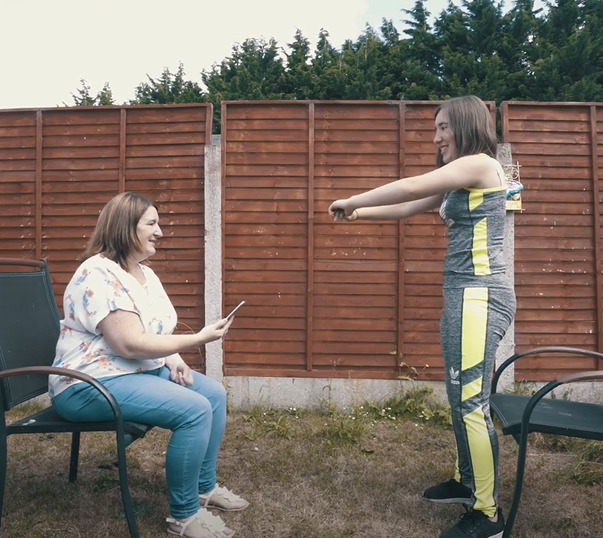Tips for Parents of Children with Dyspraxia
Dyspraxia can have an effect on the daily tasks of children. Some children with Dyspraxia may need extra help at school to do their best. There are a number of therapies that can make it easier for children to live with Dyspraxia.
For some children, symptoms of Dyspraxia may disappear as they grow up. However, many children will continue to show signs of Dyspraxia as a teenager or adult.
With early intervention, the symptoms of Dyspraxia can improve with age. We have some excellent tips and best practices to help children overcome some of the difficulties they may encounter.
1. Practice functional daily tasks to generate independence and aid the ability to complete every day activities.
2. Limit fatigue by performing short sessions of activity rather than long stints.
3. Alternate activities to aid concentration and promote interest.
4. Divide large tasks into smaller, simpler steps.
5. Practice daily tasks in a variety of social settings to help your child’s confidence and social skills in larger groups.
6. Encourage goal setting, problem solving and reflection.
7. Adapt the rules of games to encourage participation.
8. Alter the difficulty levels of activities.
9. Over time, increase the difficulty of the skills you are teaching.
10. With progress, give praise, positive reinforcement, and encouragement to maintain interest.
11. Maximize all resources so your child can get access to the treatment they need.
12. Use interactive game therapies to make clinical therapy enjoyable and entertaining.
The Beats Medical Dyspraxia App, Dystant Galaxy, brings interactive game exercises to the comfort of your home. Our service makes clinical treatments available everyday, augmenting existing measures.

If you are tired of long waiting lists, medical expenses and the lack of services available for children with Dyspraxia, our app is the solution for you.
Available for download on iOS and Android.

